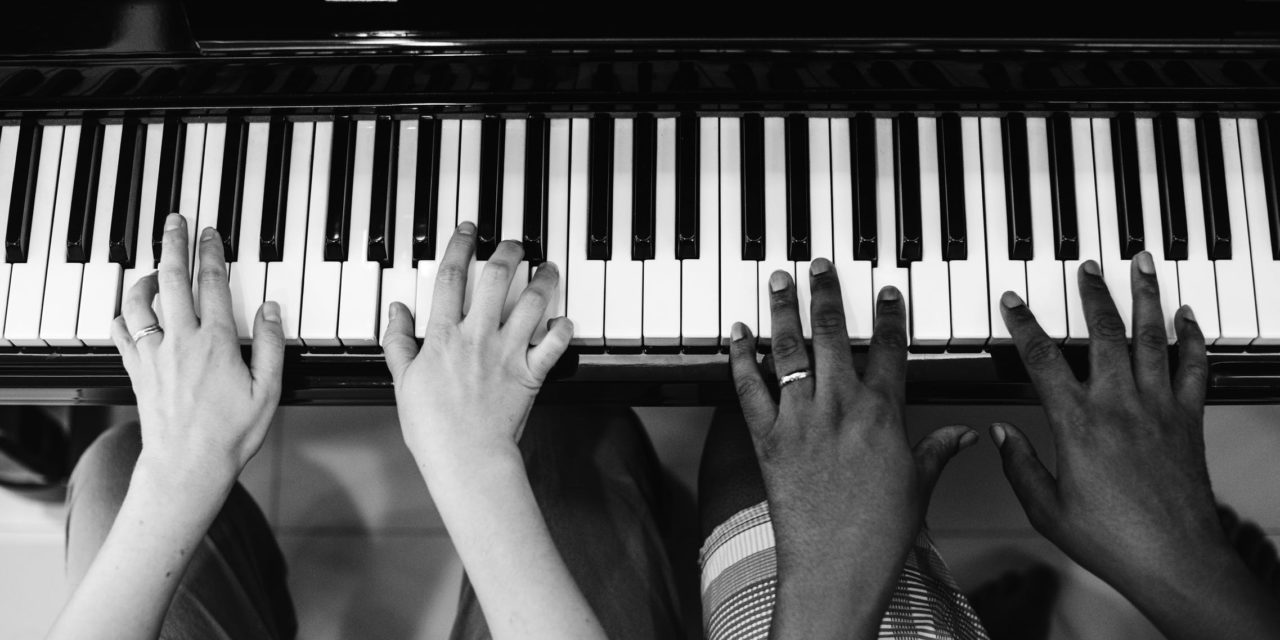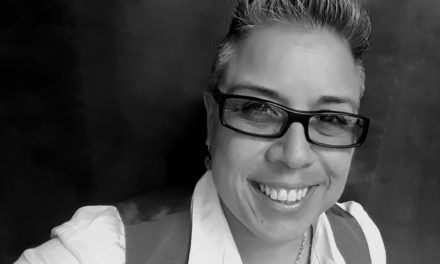I just knew Phillip was different from anyone I had ever met before and he was the man I would see whenever Mom dropped me off early to my piano lessons. I knew when he was happy and when he was not. I was never afraid of Phillip, but I was curious about him as I sat and watched him from the sofa where I waited for my turn at my lessons on those Thursdays I arrived early. I never ever saw who picked Phillip up from his lessons. By the time that happened, I was usually at the piano myself, well into my own lessons. I assume a relative picked Phillip up from that big wrap-around porch at Mrs. Harness’ place. I ended up spending 8 years with Mrs. Harness taking her direction and lessons, slowly learning more and more English (and sometimes even Latin), participating in a couple of recitals, testing out guitar lessons for a week or two, learning to be patient with myself . . . and I saw less and less of Phillip as I got older. By the time I turned 12 and decided that I wanted to play volleyball and basketball and kickball. My interest in the piano languished. By the time the chapter of my life in which Mrs. Harness played the lead role, had ended, Phillip had passed. Thinking back, I know Phillip was either a person living with the aftermath of polio or the affliction muscular dystrophy. It was only after I was taught and learned how to choose, discriminate . . . was exposed to the world with different sets of monocles that I saw Phillip as different or challenged. As a young child, I had no filters or biases, those came later, those came after adults taught me to have filters and biases, and with those lessons came the loss of my innocence, the loss of how I would see the world with wonder and awe. Nonetheless, Phillip taught me his own lessons of acceptance, struggle, patience. And as I grew older, traveled, studied, my awe and wonder returned. One thing that stayed with me and never left me was my desire to always champion the plights and struggles of people like Phillip, regardless of whether those plights and struggles were rooted in their physical conditions, mental deficits, racial or cultural or language or ethnic disparities and deficits that were defined by the ruling power. I have always been a true believer that children come into this world a blank slate, that their values and personalities are developed and formed as a result of their experiences in the world. I can’t help but wonder how our children, the children at the border, children around the country and world have been impacted by what has been so close to them today, yesterday, last week, last month and for the last couple of years. We are our brothers’ keepers. We are charged with creating and leaving a world for our children that is better to live in than when we entered it. I hate to think that I will be informed to the contrary at the pearly gates of heaven . . . be informed that we failed our children and made a complete mess of the world because we failed those with less than us, those weaker and meeker than us. We failed them by remaining silent when we should have spoken up. So, in the meantime, I vow to live a life well-lived, seeking and striving to serve others.
First Memories (Continued)






